Plan International USA
All Member Updates
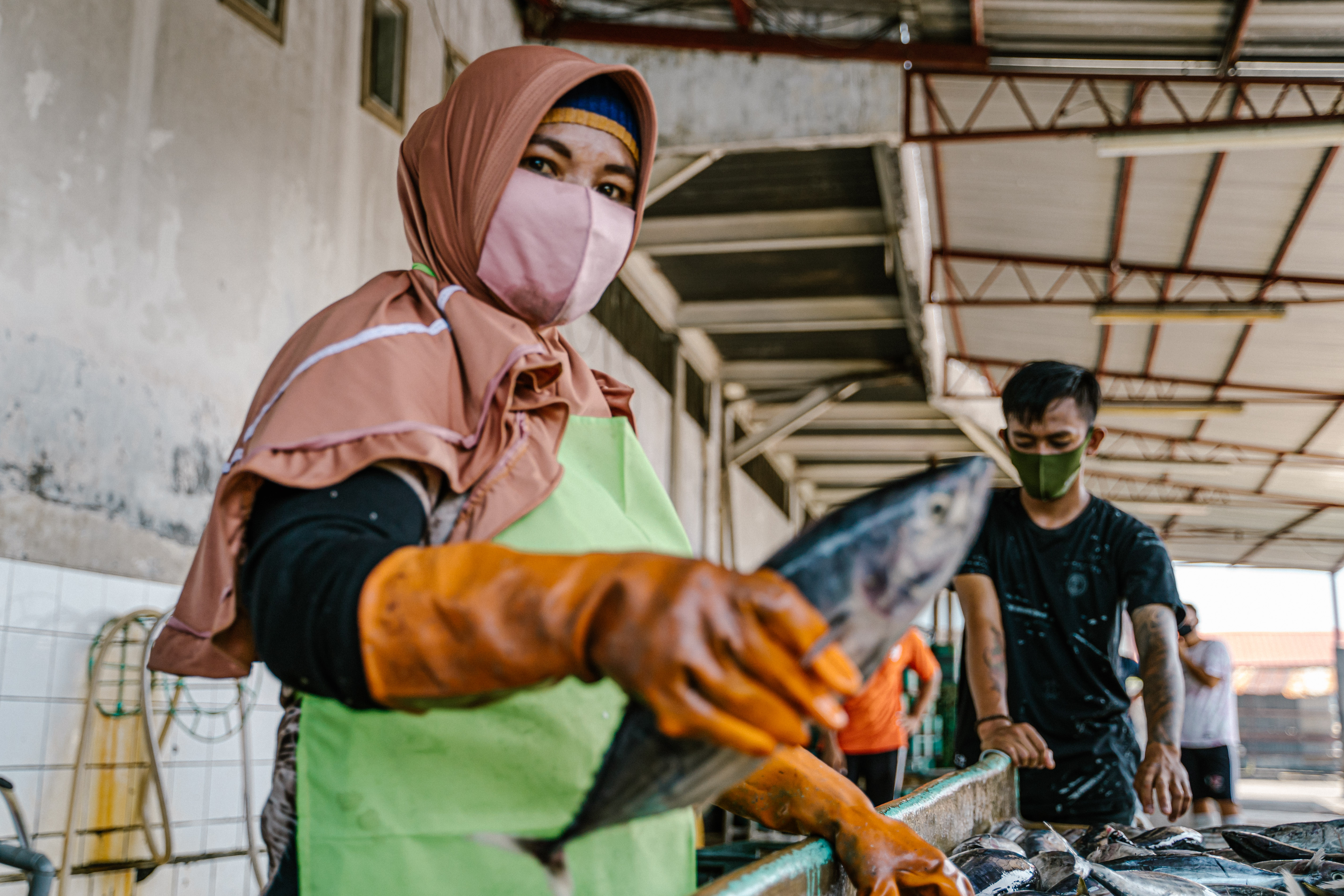
Fishing industry: The role of women in ending labor abuses
The fishing industry in Southeast Asia is an important sector in local and national economies, and as a source of employment for workers, particularly those with low levels of formal education. Nowhere is this more the case than in the archipelago nations of Indonesia and the Philippines. While not limited to these two countries, this diversity allows for labor abuses to often go undetected, includes forced labor and trafficking in persons. Learn more.
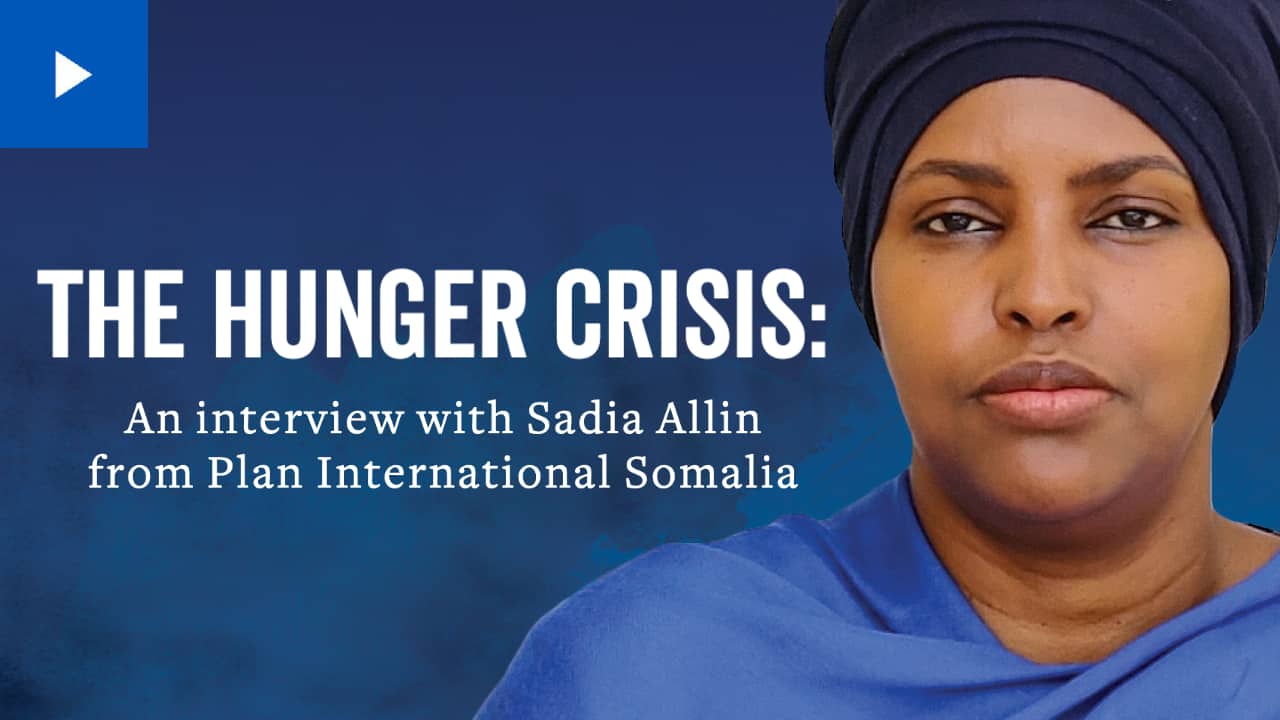
What you need to know about Somalia’s imminent famine
Because of the global hunger crisis, 45 countries are on the brink of famine, and Somalia’s situation is especially severe. We spoke with Plan International Somalia’s Head of Mission, Sadia Allin, to understand the realities for girls and their families. Watch the video story.
1 toilet for 100 people: Hear from the girls
Toilets aren’t a glamorous topic to talk about. But they are an important one. There are almost 4 billion people around the world living without safe access to toilets. How do they manage? Some wait until night or walk long distances to find a private place to go. Some use shared bathrooms that aren’t clean. Some are forced to go out in the open near their homes, which creates a major public health hazard. Globally, every day, 700 children die just from diarrhea because of unsafe water and sanitation — that’s one child every two minutes. Learn more.
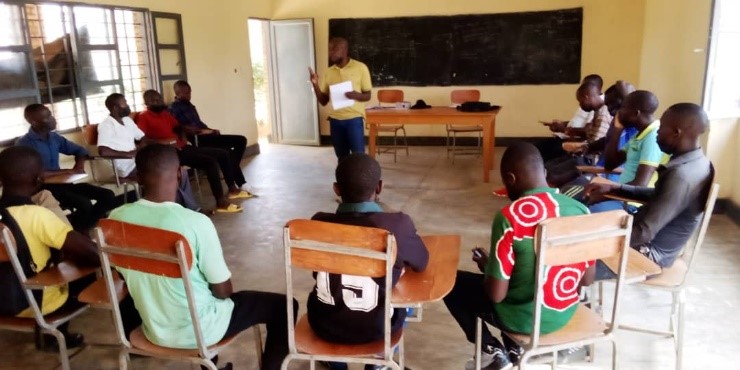
Reducing violence at home in Rwanda and Senegal
Between 1987-2008, northern Uganda experienced a 20-year conflict. At the end of the conflict, families found that their social bonds had deteriorated, often with a generation of men having been killed in entire villages. As communities rebuilt, elders identified a need to support and guide young fathers as they entered into relationships and fatherhood. REAL Fathers was developed in response to this need. Learn more about the initiative and its results.
Young people leading the fight against hunger
More than 1.9 million people in Burkina Faso have now had to flee their homes. The majority are women and children. More than 4,200 schools are closed due to conflict and violence. And while conflict plays a large part in displacement, another main driver is hunger. Around 3.5 million people don’t have enough food in Burkina Faso, and 630,000 are on the brink of starvation. Learn more.
How a play bus is bringing joy to Ukraine’s children
The Ludobus, which translates to “play bus,” is the ultimate traveling toy library. Filled with educational games, books and puzzles, the bus and its team of educators and psychologists like Daria visit different villages and refugee centers throughout Moldova to spread joy and keep kids learning. Learn more.
This is what hunger does to girls’ education
Imagine a typical school day as a girl: note-taking during lessons, joining in on class discussions, taking tests and studying at home before bed. Now, imagine doing all of that on an empty stomach. Going without food makes it extremely difficult to focus in class. Yet millions of girls are trying to get their education on one small, low-nutrient meal a day — or no food at all. Learn more.
Photo story: Portraits from the Andes
Stretching for thousands of miles along the western edge of South America, the Andes is the longest continental mountain range in the world, extending across seven countries and attracting tourists from all over the globe.
But for the people who have lived in these mountains all of their lives, the Andes is simply the place they call home. And as beautiful as it can be, life there can be just as challenging. In the Cotopaxi province of Ecuador where Plan works, many villages are isolated, with no electricity or plumbing.
Here, girls in Ecuador share the joys and challenges of life in the highlands. Read their stories.
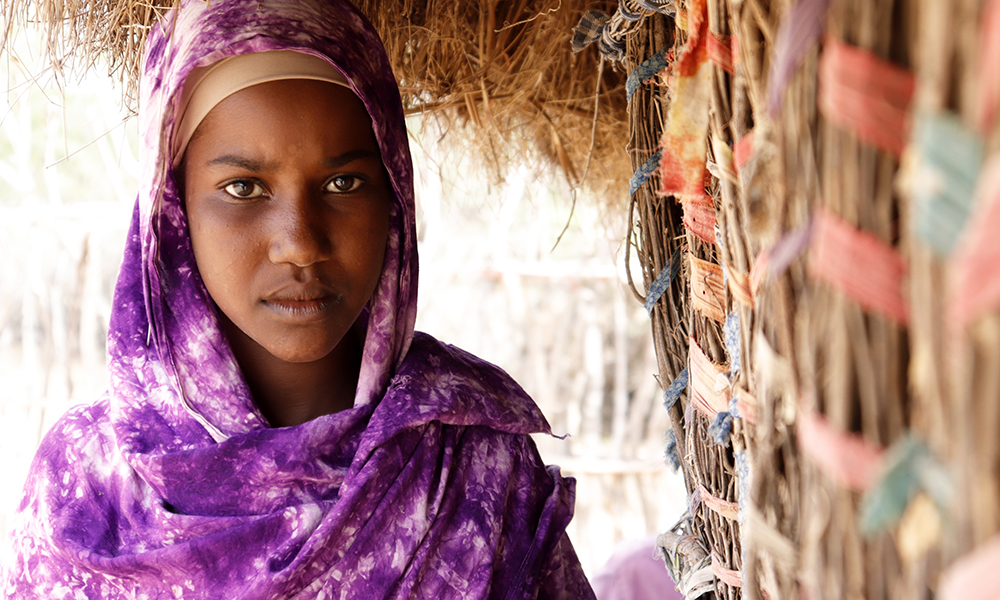
Black tea for dinner
The worst drought to hit the Horn of Africa in 40 years is painting a grim scene: Dried up wells, wilted crops and cattle dying by the thousands. In a resource-abundant region that should be boasting with life, this drought — and the hunger crisis it’s created — are plaguing communities. Children, especially girls, are paying the highest price. View photo story
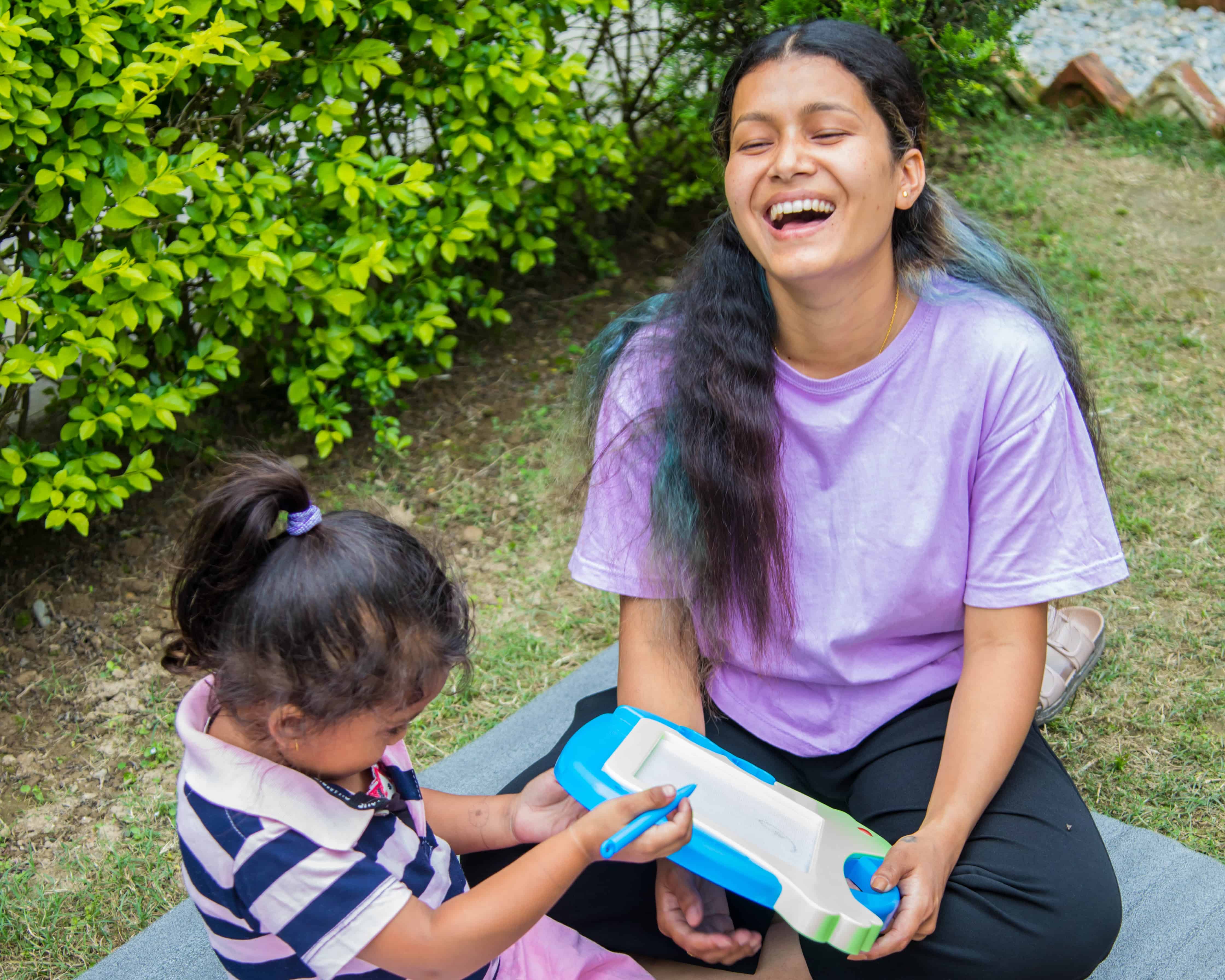
“When I received my first salary, my eyes nearly shed tears”
Urmila’s journey toward a career wasn’t as straightforward as she hoped. She moved to a city seeking more job opportunities, but since she didn’t have much professional experience, she was often turned away. But Urmila didn’t give up. She kept looking for safe and reliable work, and eventually heard about an initiative that helps young women become teachers — a program run in collaboration with Plan International. More information
Pagination
- Page 1
- Next page